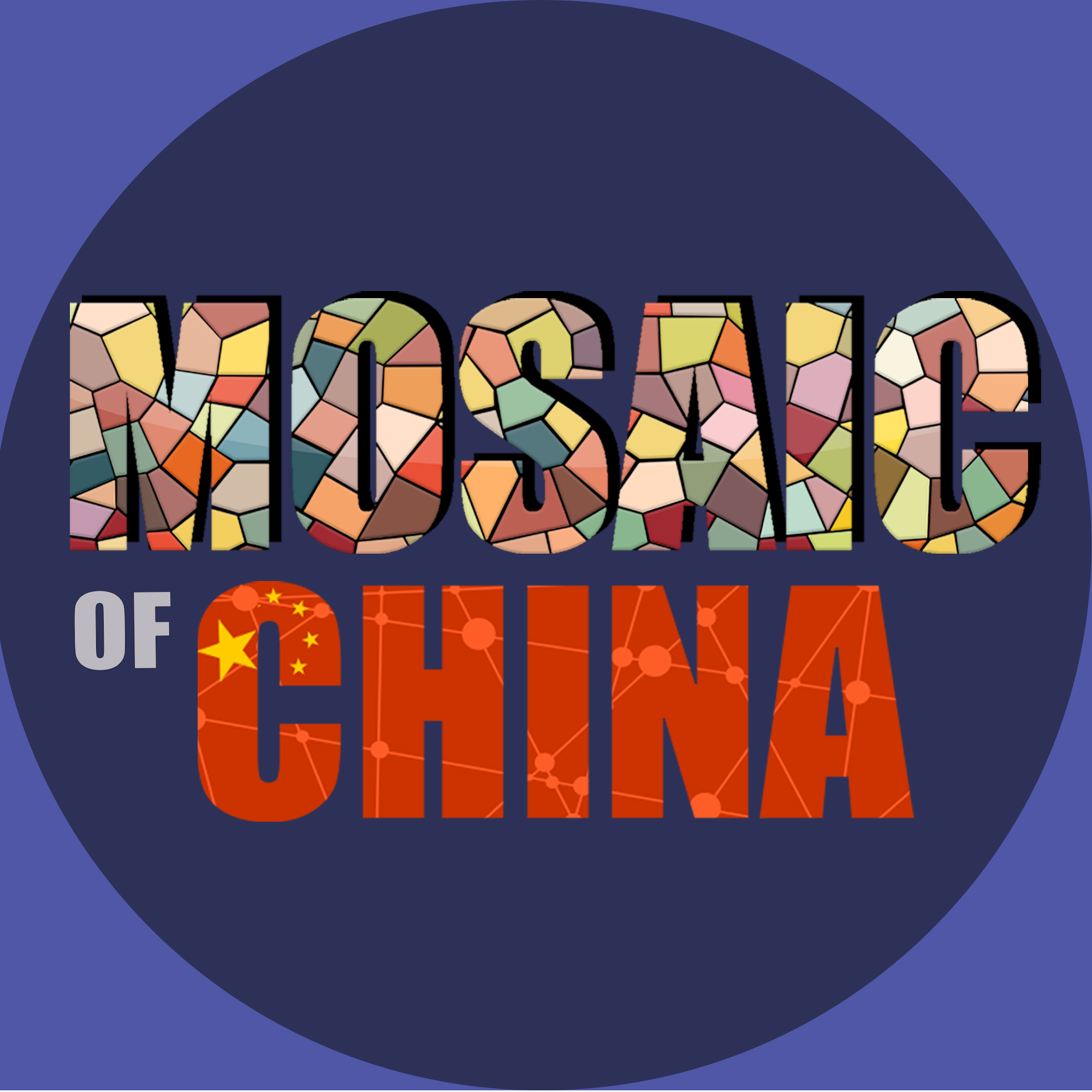Season 01 Episode 23
Episode 23: The Running Addict
Greg NANCE - CEO, Dyad.com
Original Date of Release: 25 Feb 2020.
Greg Nance’s business is in China, but his story will resonate with anyone around the world who is addicted to their life pursuits. For Greg, his addictions include ultramarathon racing, and his education business.
If you’re a cynic, you’ll immediately be turned off by the idea of listening to someone as positive and accomplished as Greg. And about 5 minutes into our conversation, we talk about this directly. What ensues is an interview that was highly personal and highly unexpected. If you are inspired by co-founders, endurance athletes and motivational speakers, you will love this episode. And if you absolutely loathe co-founders, endurance athletes and motivational speakers, you will love this episode too, I promise.
You can also listen to a catch-up with Greg at the end of the interview with Alex SHOER from Season 02 Episode 11.
To Join the Conversation and Follow The Graphics…
View the LinkedIn Post, the Facebook Album or the 微博 Article for this episode. Alternatively, follow Mosaic of China on WeChat.
To view the images below on a mobile device, rotate to landscape orientation to see the full image descriptions.
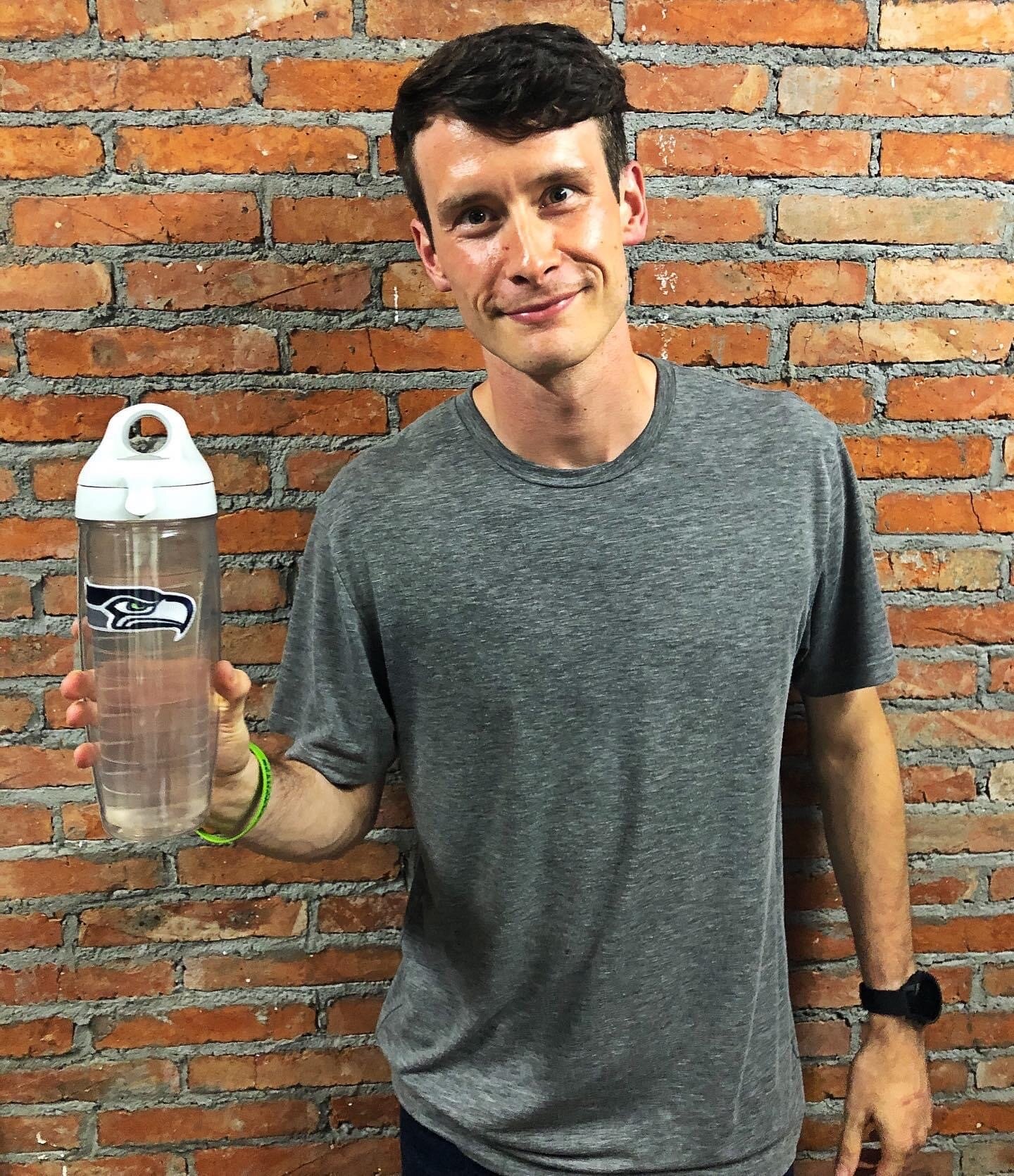
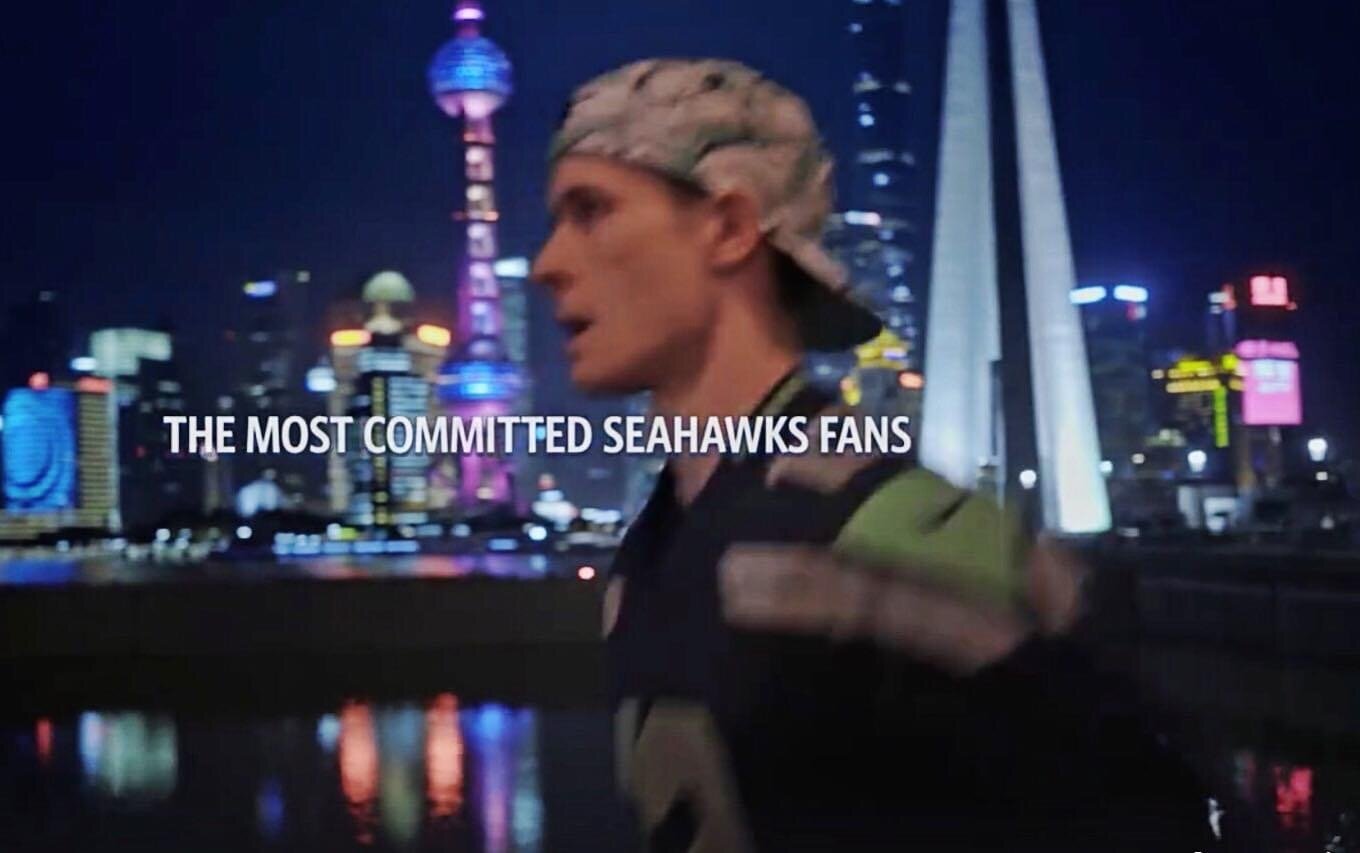
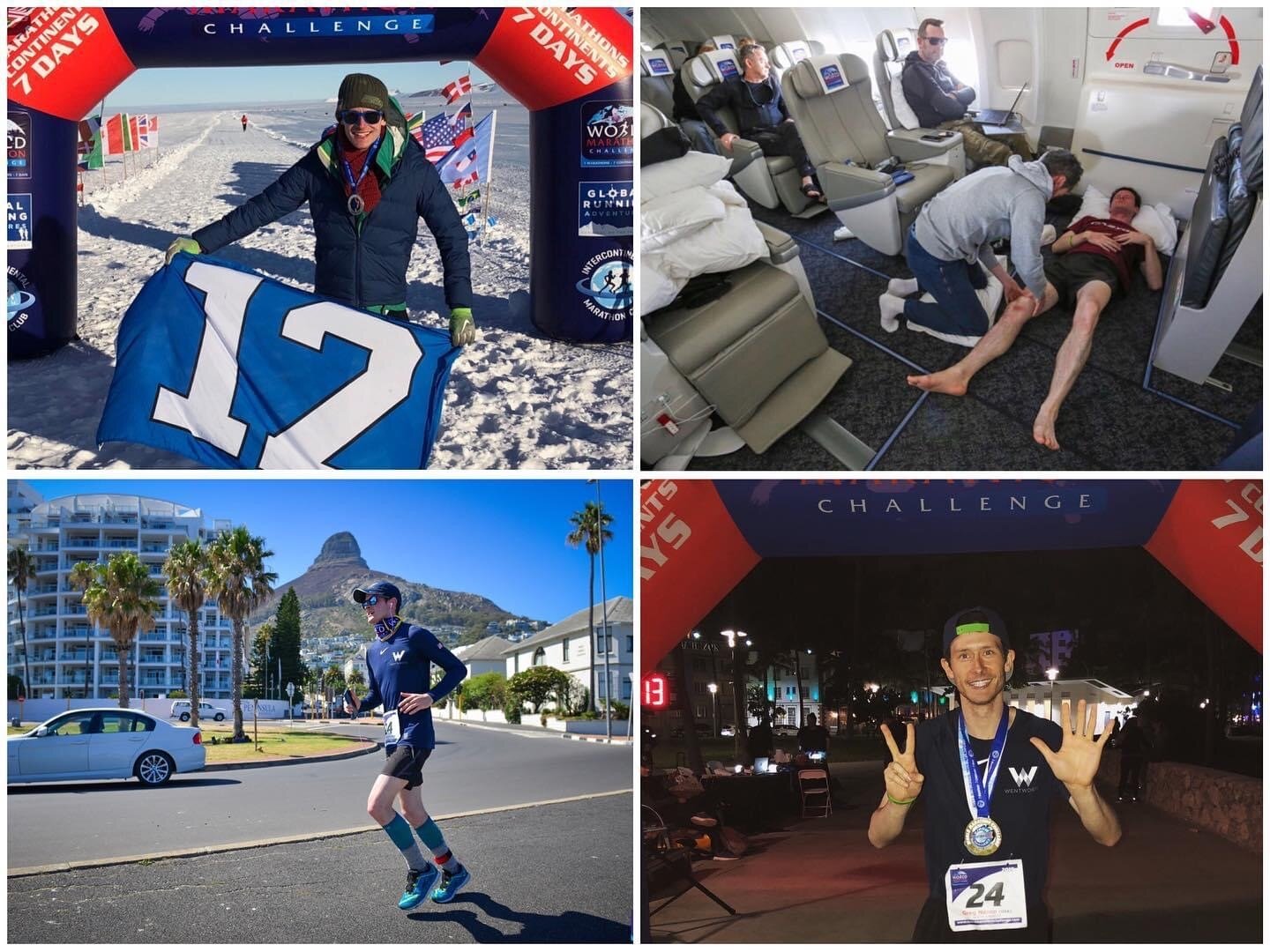
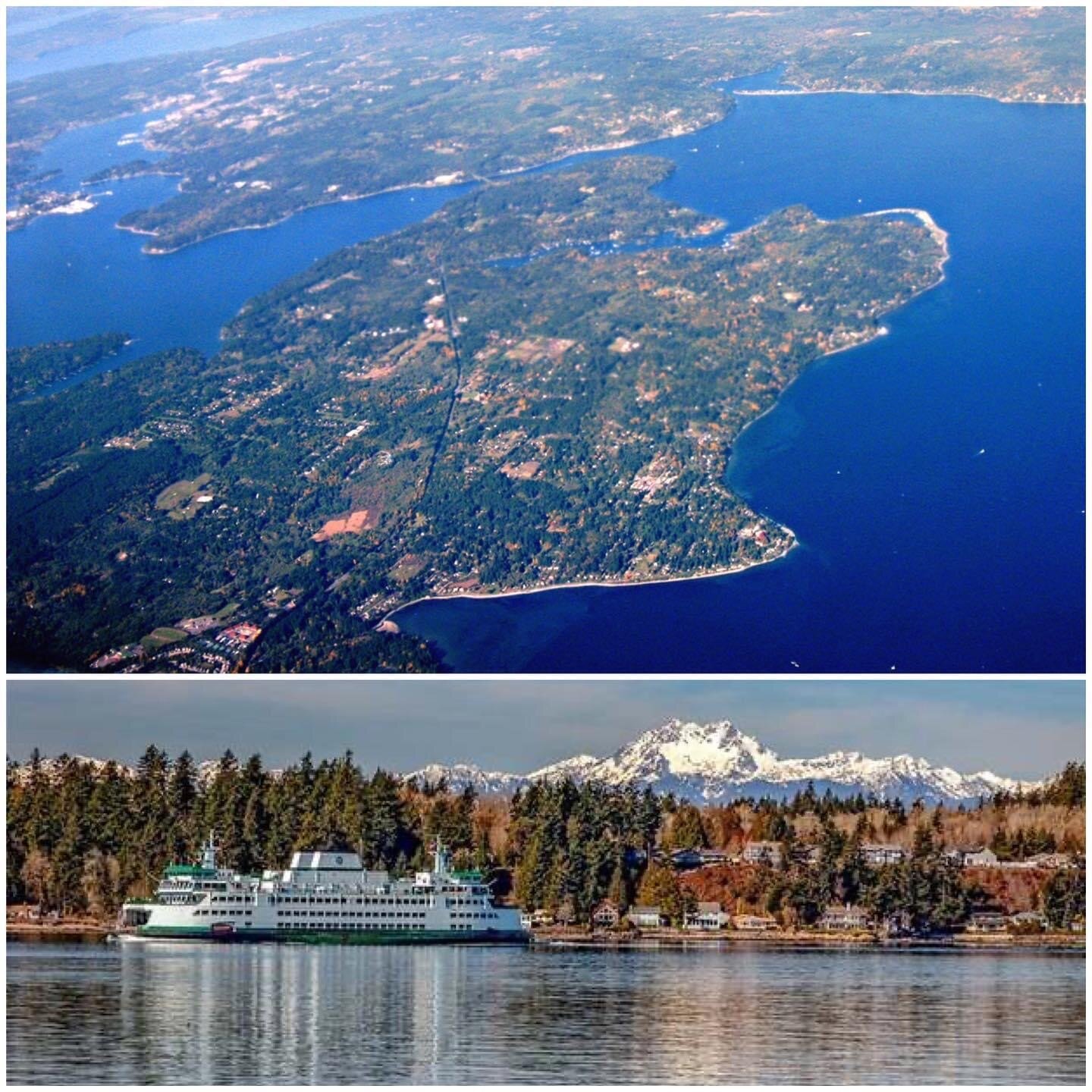
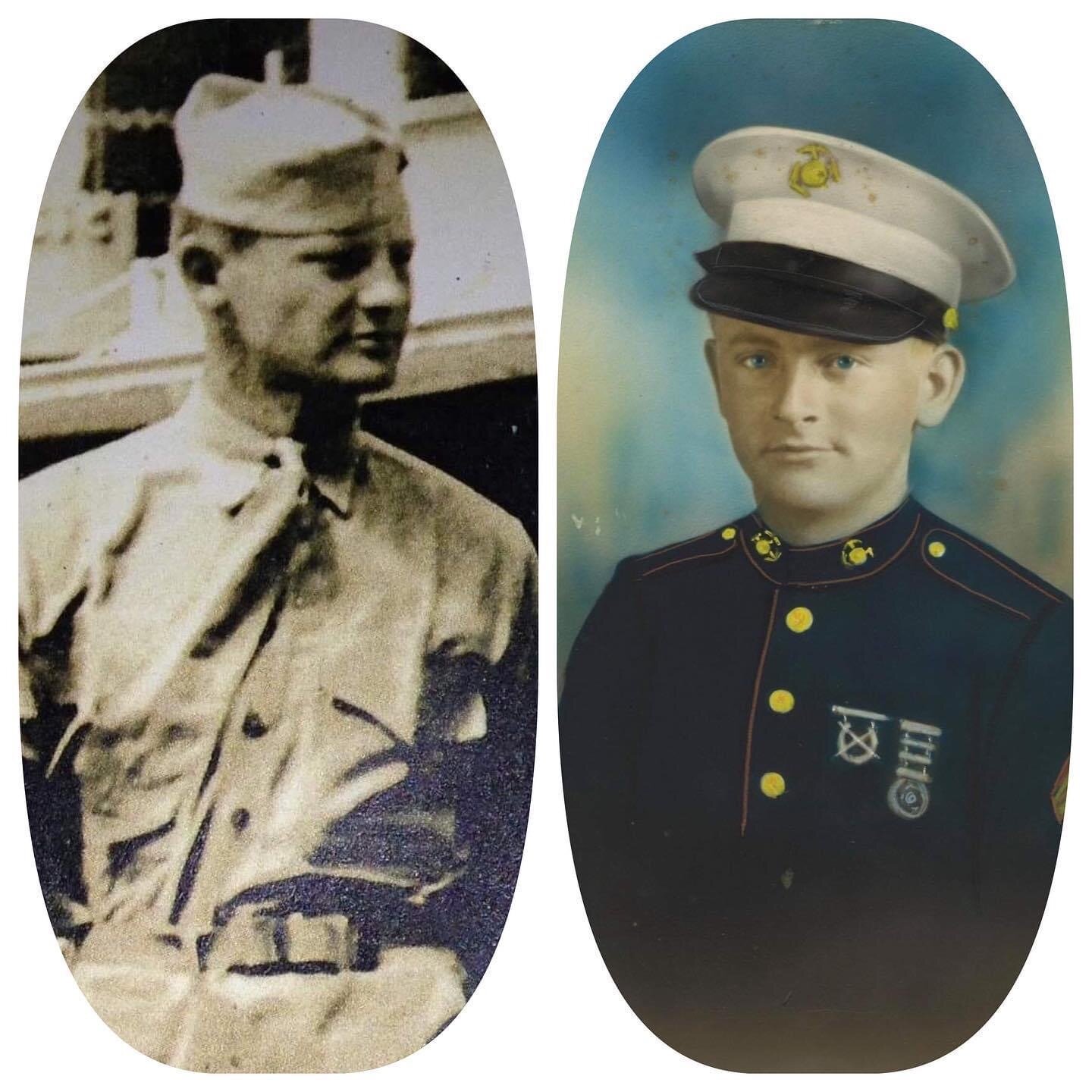
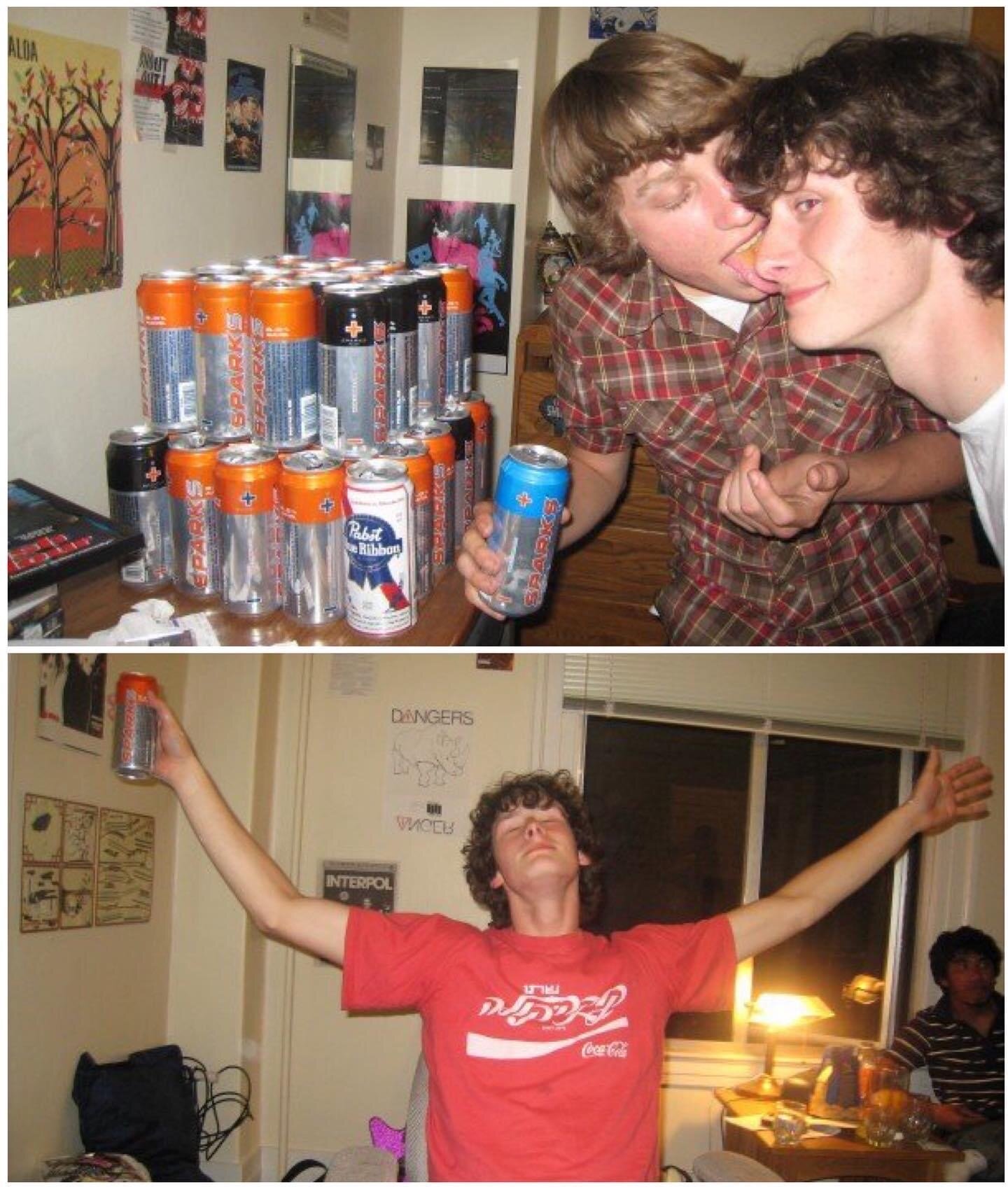
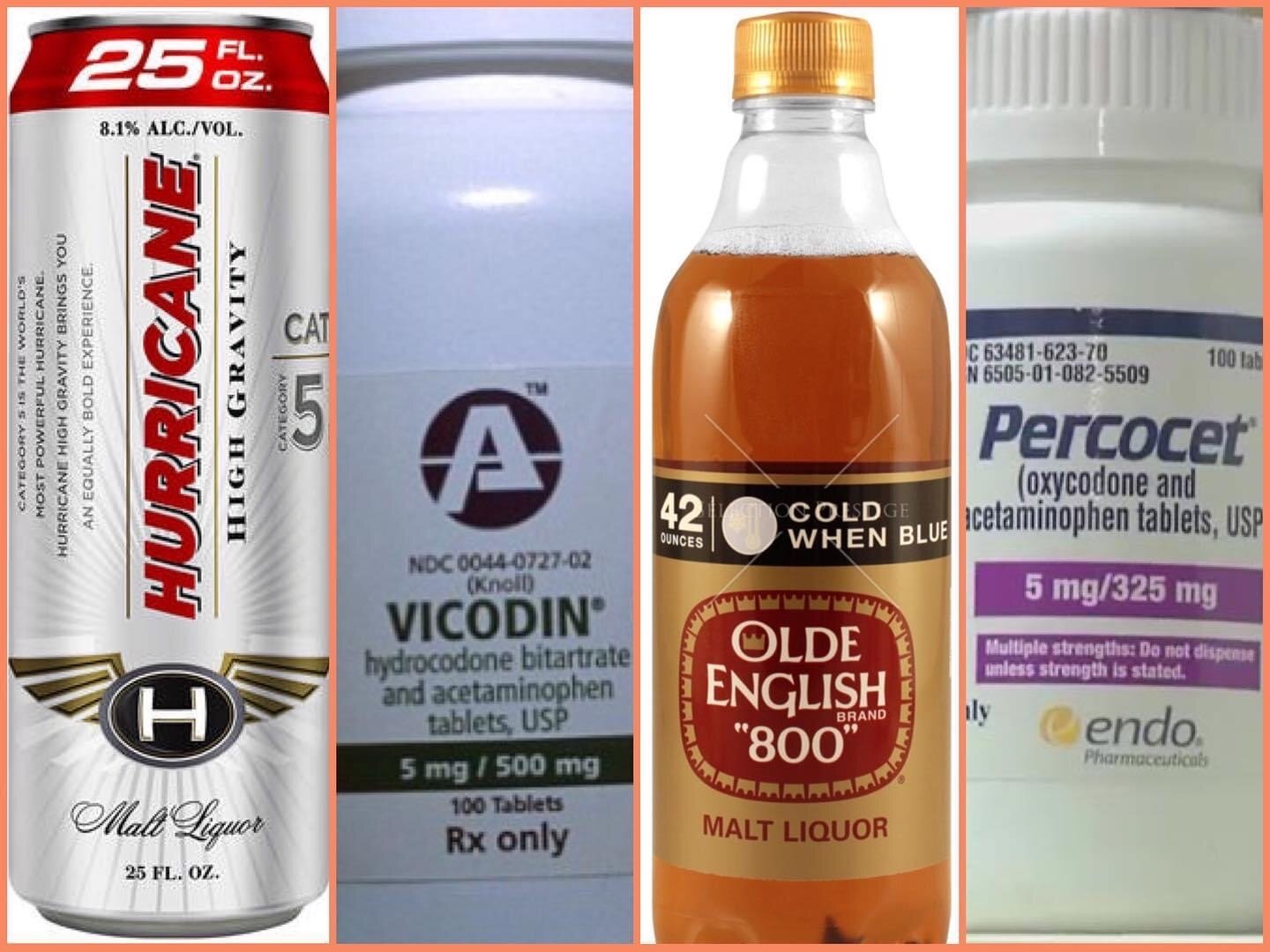



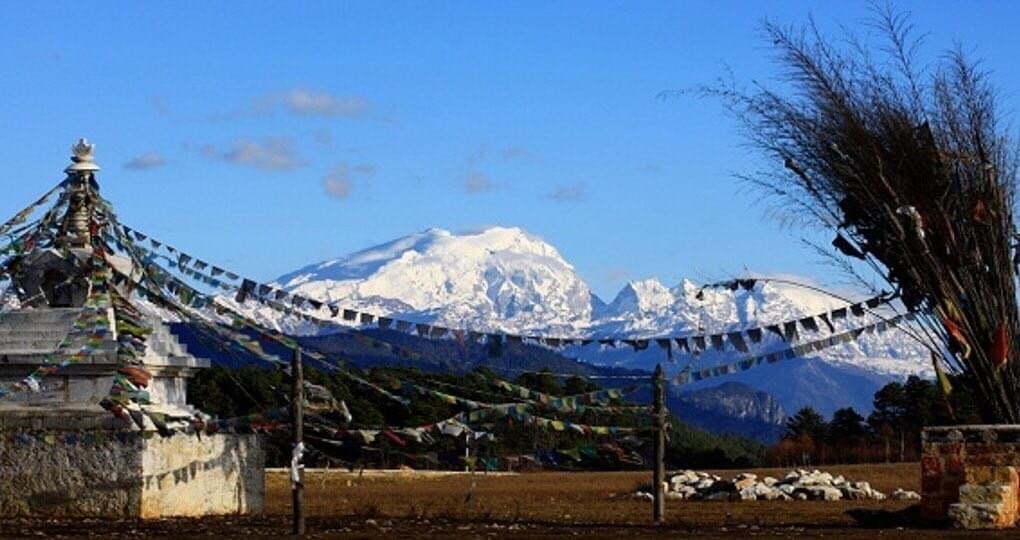
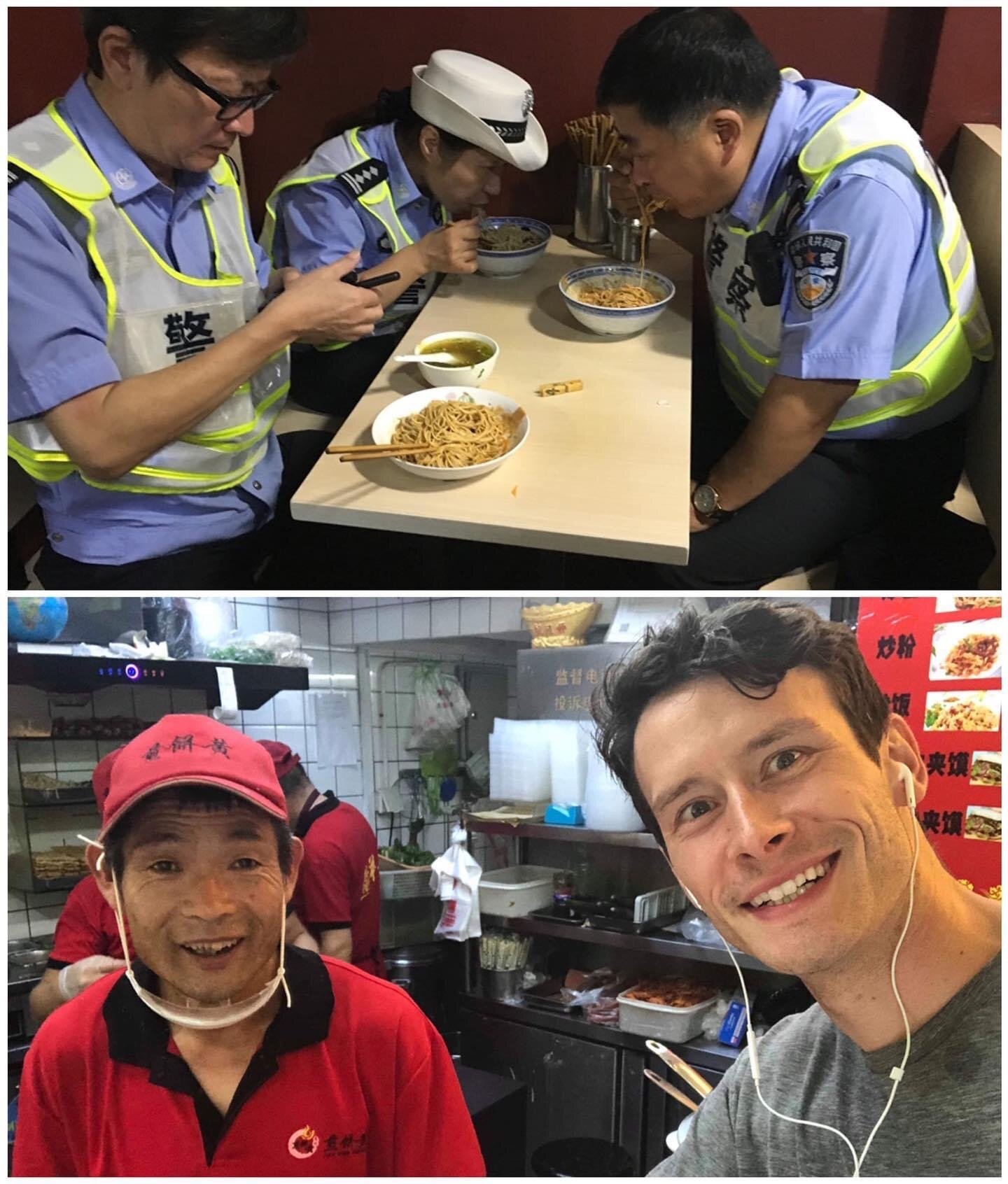
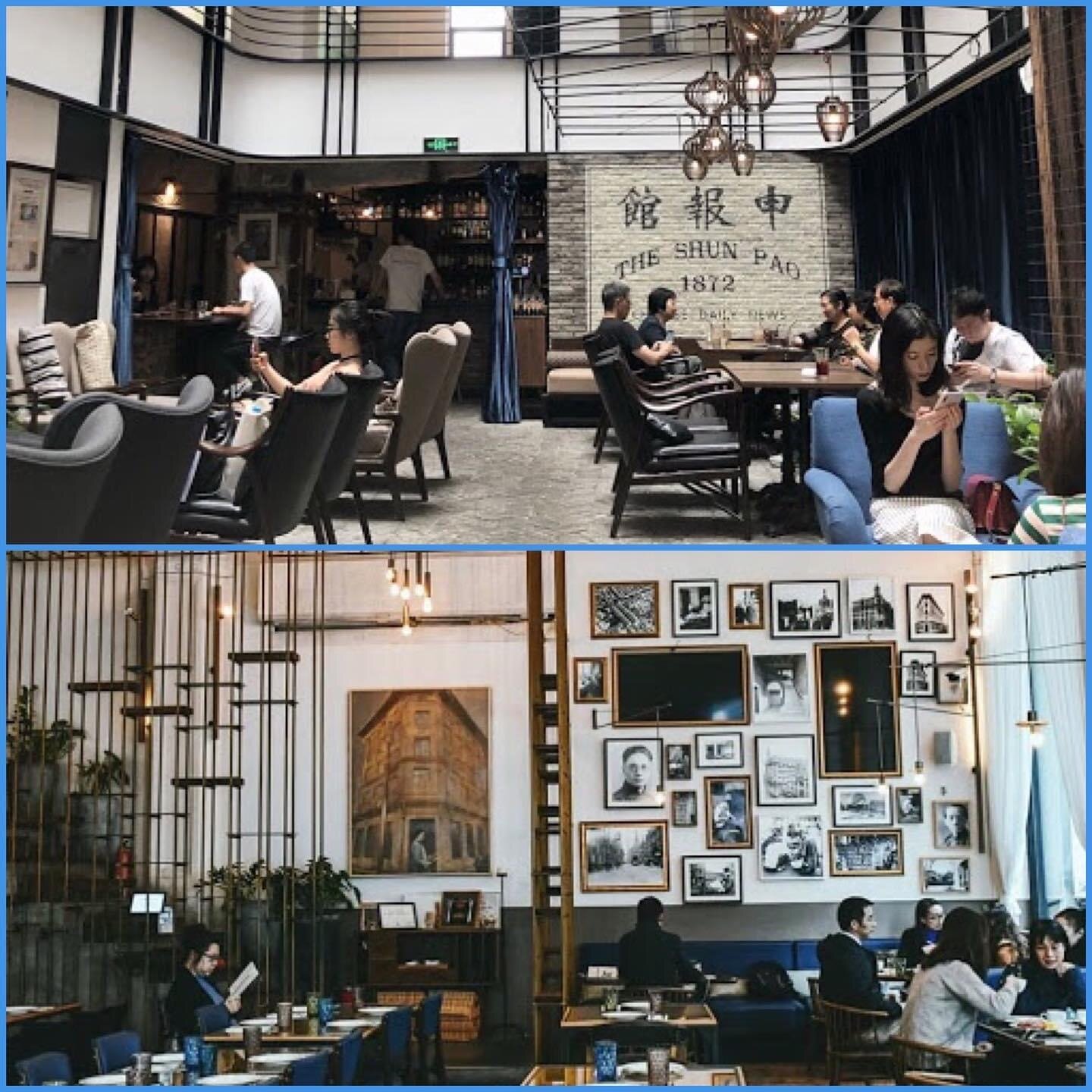
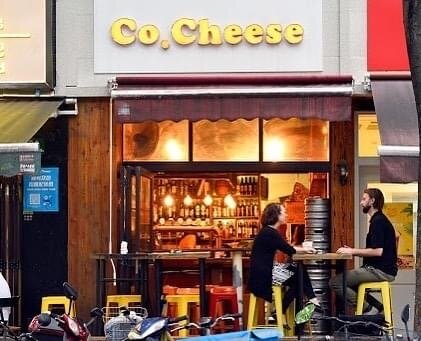
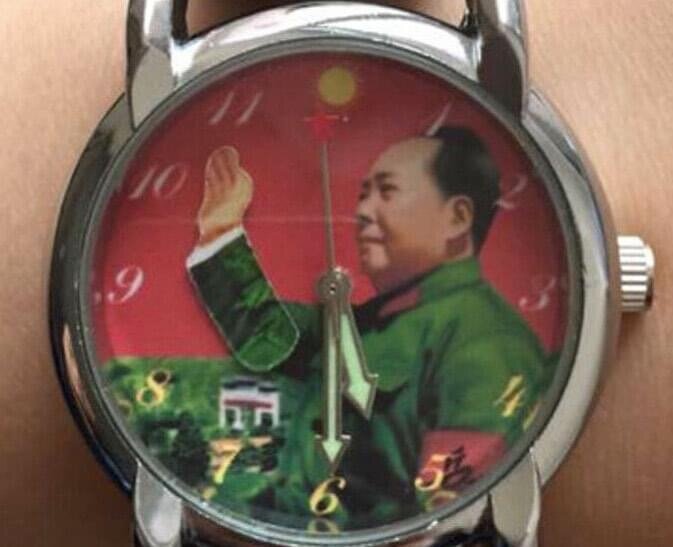

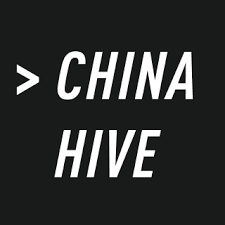
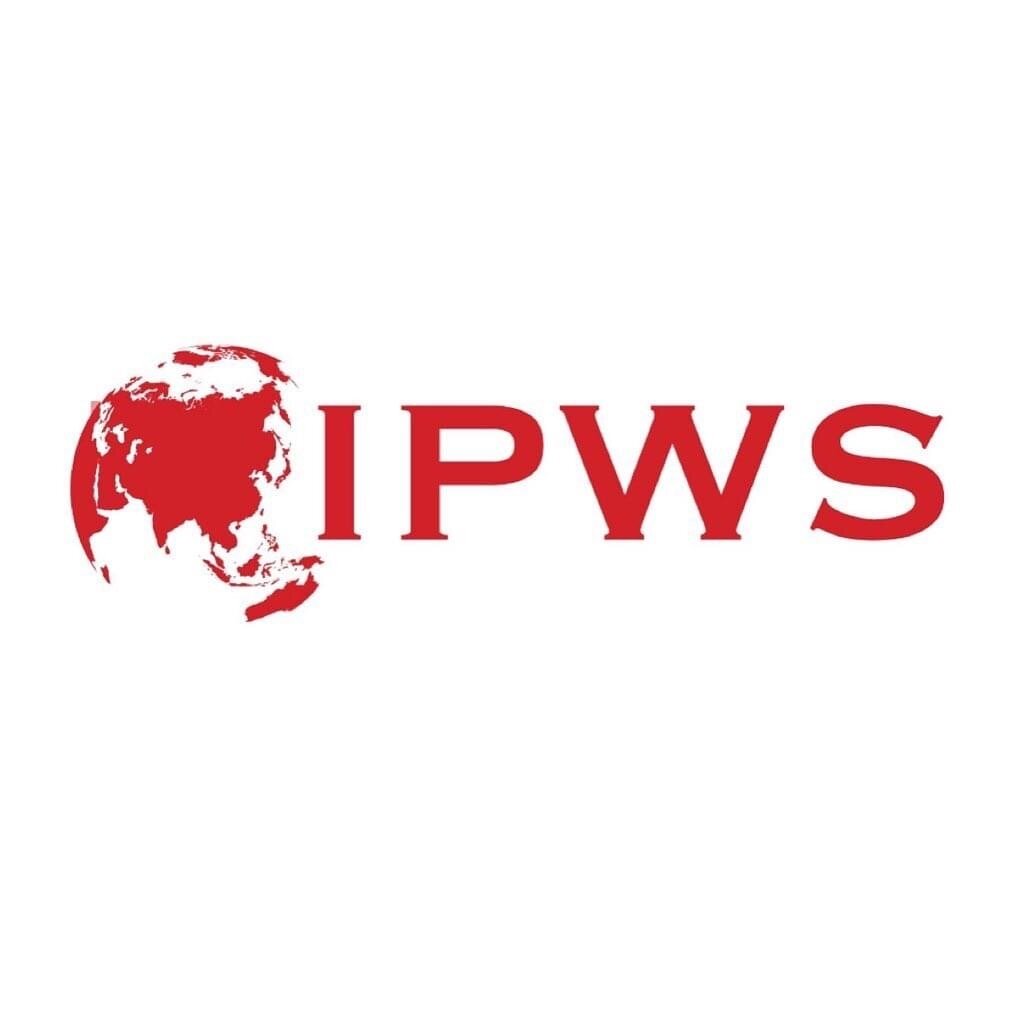
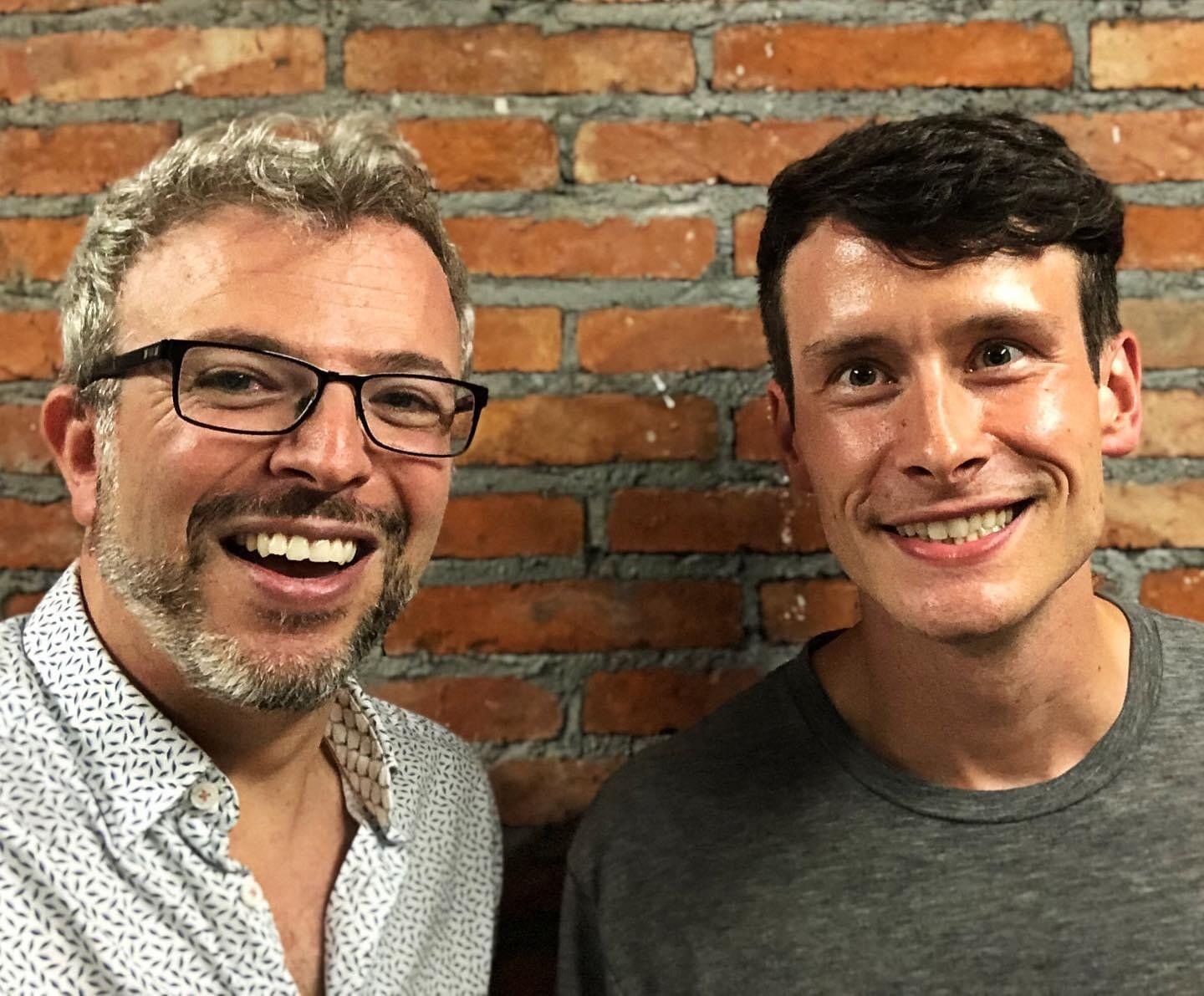
To Listen Here…
Click the ▷ button below:
To Listen/Subscribe Elsewhere…
1) Click the link to this episode on one of these well-known platforms:
2) Or on one of these China-based platforms:
To Read The Transcript…
[Trailer]
GN: There were literally no tourists there. It was me and a bunch of yaks.
OF: I thought that was a racial slur, that. But you mean the animal.
GN: Literally, yeah.
OF: "You bloody yak”.
[Intro]
OF: Welcome to Mosaic of China, a podcast about people who are making their mark in China. I'm your host Oscar Fuchs.
I'll keep the intro short today, my guest is Greg Nance, who is an experienced ultramarathon athlete living in China. We start this chat in… well, in the way that you might expect. But after the first five minutes or so, the interview goes into an entirely different direction. And I don't want to reveal too much about that story. So here is our conversation.
[Part 1]
OF: I am here in the studio with Greg Nance. Greg is an education entrepreneur and an ultramarathon runner.
GN: Oscar, thank you for having me.
OF: I think maybe the listener can already tell your positivity through just that one sentence. And I'm going to try and take the p**s out of you each and every time you sound positive during this interview. It's going to be a lot I know.
GN: I'm expecting it. Let's do it.
OF: Well, let's jump straight in then. Tell us, what object did you bring that in some way exemplifies what you're doing here in China?
GN: Yes, I brought a water bottle from the Seattle Seahawks, my local hometown football team. And this symbolises, I think, my journey. Because I've been homesick really since the day I moved to Shanghai actually. I'm on a mission here, I'm doing some really fun stuff, which I'm excited to share. But at the same time, my heart is really back home in Seattle in a lot of senses. And I got the opportunity of a lifetime when my hometown Seattle Seahawks surprised me with a little fan documentary they made about me on Halloween 2016, where they flew in one of my favourite retired players, and they filmed me running 15 miles from my apartment on to the sports bar where I watched the game at two in the morning, Monday morning. And that to me was just the adventure of a lifetime. And this water bottle is a gift from them that I drink from every day.
OF: We already know you're an ultra marathon athlete, so you carry it with you on your runs? Or you have it afterwards?
GN: I have it afterwards. It's at my desk.
OF: OK. And is it just water, or do you have some god awful mix of protein or something?
GN: I occasionally will be like, yeah, some protein powders and things. Although 95% of time It's just water with some ice cubes. Yeah, keep it simple.
OF: Well, in terms of your ultramarathon record, you probably can run it off pretty easily at this point. So what is your background?
GN: Yeah, so I started off with the 400 metre in high school. And then I did a little bit of the 800. And what I realised is, I got stronger as I went further. And I just really, really loved running, loved pushing myself, seeing what I was capable of. And so I just started going a little further, a little further. I did my first ultra in December 2011. And since then it's been the best excuse to go travel and see beautiful places. So my most recent big one was running seven marathons in seven days on seven continents, starting in Antarctica; up to Cape Town, South Africa; Perth, Australia; Dubai; Madrid, Santiago, Chile; and then up to Miami, USA, within that seven day stretch. So that was maybe the hardest I've done, just because I was felt sick as a dog, and I was super tired from the very beginning.
OF: The logistics of it is almost as impressive as running the damn thing, right?
GN: It is, and I can take no credit for any logistics, it was wonderful team of organisers that picked the shortest distances, picked comparatively safe places where we could get there, and then you have to think about stuff like visas, airport transit time, chances for flight delay, and I was just the guy jumping out the jet running, getting back on the jet. They had great food, and really took wonderful care of us as we went through.
OF: And how many of you were there that time?
GN: There were 40 that went for it. Up until our cohort, only 104 people have ever done that actually. So 144 folks around the world are as crazy as I am.
OF: What did you learn from that one experience?
GN: Yeah, it's a tough one. Because in every ultramarathon the wheels come off. Like, at some point, you're questioning whether I can finish this race, almost always. And there's sort of a shadow that comes across your mind of “What? Why am I doing this? Why am I out here? This hurts too much. I could just throw in the towel right now”. Usually that's 80 miles into a 100 mile race, or that's 175 kilometres into 250. In this case, I started asking myself that question 10 miles into the second race. I had a stomach ‘flu, I felt terrible. And really what I learned is, you’ve got to keep resetting your sights and remembering your ‘why’ every single step. Because by mile 40 of this 183 mile adventure, I'm in pain and I'm literally crying while the doctor is working on my quads, because they're convulsing with every heartbeat. And I just never experienced that kind of pain before. In that moment, you can't think about that full marathon, or the five and a half to go. Instead you're thinking about “How do I get back on my feet and take that first step”? And for me, that's a metaphor about life. Sometimes you get knocked down, all of us do. It's really how you approach that next step. Just getting off your behind, on your feet.
OF: And do you, then, bring this across from one life to the other?
GN: I do bring it across, my running without a doubt has made me a better leader, a better manager, I think a better person. And I think my business work certainly makes me a better runner, in my ability to kind of size things up and strategise the right way, train the right way. It’a a series of building blocks, day after day after day you lay the foundation in business or leadership or management or ultra running for that matter, too.
OF: And so that was, what year was it?
GN: That was February 2019.
OF: OK, so relatively recently.
GN: Recently, yep.
OF: So you were already in Shanghai, in China, at that point?
GN: Yep. Already in Shanghai. Actually, I trained for it by running shirtless for the Antarctic wind chill, and then doing some sauna cardio for like the hot stuff that we’d face too.
OF: Right.
GN: Yeah.
OF: Here's my deal, and you know this already. I look at people like you and I think “Well, you're showing off. You’re this privileged white dude. And you've decided to take off around the world and see all these great places. And you can say ‘Yeah, it was me’. ‘Mind over matter’ and ‘Great’”. And before I knew you, I would have looked at you and thought “Well, there's no way I want to like that person. As much as he wants to inspire people, that’s going to be the opposite for me”. So when you hear that, is it something where you just think “Oh, Oscar, you are wrong. In fact, you are a terrible human being”. Which I am.
GN: No, I think there's there's a lot to that. First of all, I acknowledge how blessed I am. Like, a lot of folks don't have the means to do this. They don't have the ability to train for this stuff. So number one, I acknowledge that, guilty as charged. There's an enormous amount of privilege that enables you to even get to the start line. At the same time I would share with with you and other kind of sceptics that, really it's about following your smile. In my life experience, which is limited but I'm slowly accumulating it, when you actually do the things that you love to do, something really amazing happens. You start to make real progress at that, you start to share that gift with your friends, and before you know it you can become one of the best at whatever it is that you love to do. For me, it happens to be running long distances. But I think this framework applies literally to anything. It can be grannies knitting, or memorising Bible verses, or becoming a great online marketer. Whatever it is that you love to do, spend time doing it, follow your smile, and I think magic starts to happen. You're happier, you're more fulfilled, I think you'll be more accomplished, and you'll attract people in your life that are really ‘wind in the sails’ for you as you go forward.
OF: So what do you do, then, to talk to people like myself - at least I'm doing it just to antagonise you, of course - but then the people who look at you and go, “You know what, I can't get inspiration from that, because I just look at someone like you, and I think ‘Yeah, I can't ever attain that level in whatever I try and do’. So I'm just going to ignore people like you and just stick with us average people”.
GN: One of my core beliefs is that every one of us has just way more potential than we've ever tapped into. And sometimes it takes difficult circumstances in your life to, like, really start to even pursue that path. I grew up in a really wonderful place, little Bainbridge Island off the coast of Seattle. It’s the size of Manhattan, so it's a large island, but only about 20,000 people when I was growing up. So an idyllic, idyllic place to grow up. But at the same time you deal with challenges, you deal with setbacks and obstacles. For me, kind of a defining one early in my life, at 16 the real role model and super mentor in my life was my granddad, Grandpa Charlie. And he goes from being kinda like the strongest person that I've ever met - just, like, so much like resilience and resolve - and the next day, he suffers a debilitating stroke, and he kind of fades away. And, you know, this wave of sadness and anxiety and despair, and then depression washes over me. And, you know, at that age, I didn't have the kind of maturity or the emotional capacity to really, like, work through that. And that led me down kind of a dark path, where I began medicating with malt liquor - like Old English and High Gravity malt liquor - which for the uninformed, is basically a double potency beer, and the reason why you drink it is it’s cheap, and it's powerful. First on, like, weekends with my friends, and then even on school nights, and then right after school, and before I knew it I was in the parking lot drinking malt liquor before classes, or at a lunch break, before tennis practice, before running. And I became reliant on that in order to feel confident and happy. I relied on that to just kind of feel normal. And it usually doesn't just stop with, you know, malt liquor, and it didn't for me. I started drinking vodka with that malt liquor. And then that wasn't enough either, so I started smoking blunts, and joints. And when that wasn't strong enough with the vodka mix, I began doing some opiates as well, Percocet and Vicodin. That was a seven year struggle actually, aged 16 to 23. Most of the days between 16 and 23, I was drunk, or high, or both, in order to self medicate. And a lot of that pain began with my Grandpa Charlie's passing, and then it was just Dealing with the stresses of university life, or the challenges or anxiety of working on startup, or the difficulties of leadership. Every one of those situations just felt better if I was a little buzzed, or a lot buzzed.
OF: Well, what you say is just the textbook way that people fall into this addiction, where it just becomes the routine.
GN: Mmm.
OF: Wow, OK, I wasn't expecting that. And so is that the story now that you say? Or is it something which you largely keep to yourself?
GN: Yeah, it's tough man. I've been processing this in the last several months, particularly working with a mindset coach, a.k.a. a therapist. Shout out to my bud Jeff, for being an awesome presence in my life, and helping me work through this stuff. Yeah, I was in denial during, number one. So I knew I had a problem, but at the same time I was lying to even my closest friends, my family. You know, my parents had no idea. And I was basically able to sober up with the help of just spending all of my money on drugs and alcohol. So, like, I ran out of money. And that made going cold turkey much easier, when you’re just completely out of money, your debit card’s being denied as you go out. By the same token, in the years since - I've, you know, I haven't drank for a good stretch now - that said, I haven't been yet as forthcoming or open or honest about it, because I haven't had really the chance to kind of reflect and process. Because I think in a lot of ways I've thought of myself as “Oh, but like you're some successful guy, you're not some alcoholic or some addict”. And there seems to this connotation and stigma. And what I've learned now - recently, in part from these conversations with my therapist - is that addiction, it affects so many… 20 million Americans directly are addicted to alcohol, or substance abuse. And if you think about all the sons, daughters, moms, dads, partners, bosses, cousins, uncles, it's significant. Everybody is a degree removed from someone suffering from addiction. And what I've kind of come to terms with my own journey is “Look, I can be successful, or I can be on my path towards success as I define it, AND be someone working through an addiction to alcohol and substances”. And both those things can be true. And in fact, me being open about some of the challenges that I faced, I think can help other people deal with their own challenges. And my aim really is to help people - around the kitchen table, or with their partner, or with their child, or with their parent - be able to have those conversations, and move to a place of love and support and understanding. Because this stuff is really really tough. And when you're in the midst of it, you feel completely isolated. Even though I have the most loving sister and brother and parents and just wonderful friends of my life, I felt so isolated, I had to deceive each of them. And when my sister said “Hey, like you know, it looked like you really drank a lot last night, and you're drinking a lot right now”, that's from a place of pure love, but at the same time what I heard in her voice was “Oh, she's accusing me of something. Let me just like pull back and deny everything.” And, you know “I work hard and I play hard,” whatever, you know. Hear the silliness there, and acknowledge the challenge that you're facing, and get the love support and help that you need to feel reconnected, reintegrated, and define your path as you go forward
OF: Well, you must have been very high functioning for them to have not known.
GN: I was, and that was a big challenge. You know, I could play very good tennis with several drinks down the hatch. I could go to debate tournaments high as a kite, which I did. I sat for the ACT intoxicated, and I did fine at it. I was Student Government President at the University of Chicago, I’ve lead meetings intoxicated. I was one of the leaders of the investment club during college, I did that drunk and high all the time. So yeah, I was high functioning and that that was the the kind of curse about it. Because if I had been low functioning, well, the warning signs would been obvious to everybody. But I got good grades, I got good test scores, I was a multi-sport athlete, I had a lot of friends that were really good people. And so my parents, how would they have known? Or my brother and sister? Just thinking “Oh, Greg likes to party”, which was true, I thoroughly enjoyed all of that until it began kind of overwhelming me. And then it's like this haunting grip that you feel. Like you know there's something grabbing you, gripping you there, and yet you feel kind of powerless too. You know, I tried quitting a hundred times. And I just couldn't do it, because every single time I made the vow… Usually on, like, a Saturday morning when my head was pounding, and I was thinking about something really, really dumb I did. Or I feel my jaws hurt because I like got in a fight last night. Or I woke up with a $900 ER bill in my pocket, had no recollection of any of that. And it's just like, “I am so obviously over the line here, and over the edge.” And I would commit to that with full sincerity 8am, 9am Saturday morning. And then at 6pm, I'm taking my first Vicodin, or I'm doing my first shots. And saying that out loud now, like, it makes no sense. Like, how did that happen? Like, how did you let yourself get into that? And yet it's a real thing, and I lived it.
OF: Well, the worst thing about all this is that I can't be mean to you about your optimism. Oh dear. Well, thanks so much for sharing that.
GN: Hey.
OF: I guess the idiot question to ask next would be, so is this why then you are now addicted to running? You use this as your therapy in some way? Or is that just too simple?
GN: No, there's truth in it. I'll let you under the the curtain here, to say that the day my debit card got refused in Cambridge, England, it was a day of just immense shame for me. Bill Gates gave me a scholarship to go to Cambridge for grad school. One of the proudest… You know, seeing the look on like my parents face was just such a wonderful feeling, my friends giving me kudos, just so special, like, I've achieved all these wonderful goals aged 23, I go off to business school there. And within two months, I've partied through the very generous stipend I was given for graduate school. I'm now absolutely dead broke. I'm going to try to buy another fifth of vodka - it’s probably my, like, fourth or fifth that week. And the the attendant there, who is kind of eyeballing me like “Wow I've been seeing more and more your face these last couple of weeks”, he lets me know “Hey, like, sorry, your card's been declined”. And that moment, I walked back to my little dormitory, and I'm so frustrated and angry and pissed and confused. I've got rent due in a week, I need to fly home for Christmas, like all these big expenses coming up, but what am I going to do? The only thing I can think to do is like, I want to punch a wall. But I don't actually don't want to do that. I instead lace up my running shoes, and I just kind of sprint out into the hills outside Cambridge, just run and run and run and run. And it turns into probably a 15-20 mile run, where I'm just like, running myself ragged. And at the end of it, my legs and lungs are like totally shot, totally dead. And yet, I felt in that moment that I turned some small corner. Like, that feeling had replaced some of the withdrawals I was feeling, some of the simmering anger and frustration and embarrassment and shame that was welling up inside me. And from that moment, I realised that the days where I'm running, I've got a smile. The days where I'm running, I feel a little bit more kind of in control, a little bit more present, a little more relaxed. Because I still deal with stress, and I have a lot of anxiety. And I've put myself in positions with my work where it's not a low stress occupation to CEO a company, particularly in China, every day there's stuff that comes up. And you know, I've had people joke with me like “Yo, you need to go spend a year or two on a beach, like just recoup”. And that's also not my speed, that's not my style. And so it's tough, it's like you’ve got to find ways to kind of take care of yourself, and to recharge your batteries. And for me running is that. It is therapeutic, it’s been a wonderful way to connect with a lot of folks that have dealt with similar issues in their past. And I found many folks in the ultra community, a lot of them are running from something or running towards something. And I think, at first I was "Oh, that's not quite me”, like “I just run because I like running, and I run because I get to see the world”. And those things are partially true. But I think the fuller story is, I'm also running to remake myself as a stronger, more resilient person. And I'm running as a way to channel a lot of those kind of negative emotions and feelings into something that is a little more positive. And my favourite part about all this is actually sharing. I love getting in front of school children, like going to an elementary or middle school, and talking about ‘following your smile.’ Running’s worked for me, and I share what's worked about that. And I started learning about other folks’ journeys too, ranging from doing the crossword each morning, or meditating, or stretching, or swimming. And a lot of that is like putting your brain or your body to use in new ways, so that you can still channel a lot of those feelings and emotions that are challenging to work through.
OF: And so that's the connection you have with your business now, right? Because you do work in education. So that's what gets you in front of kids. Like, what is your business?
GN: Yeah, we're called dyad.com. And for those that have studied a little bit of ancient Greek or Latin,’dyad' means 'consisting of two parts’, which for us is the present self - where you are today - and then your potential self, what you can become. And we are a mentorship platform that helps people reach their dyad, to merge their present self with their potential self. We connect Chinese students primarily - although actually we operate globally, it’s an online platform - with experts from their target universities, to help them earn scholarships. And the thing I'm proudest of - after serving 2,100 clients over the last seven years - is that we've helped folks earn over $27 million in scholarships.
OF: Yeah, you’re making it even harder for me to hate you now, you see? OK, let me ask you, so you said that there were stresses in this business, I'm sure there are.
GN: Yep.
OF: And there would have been times that would have made you - in other times of your life - go straight to the drink…
GN: Yeah.
OF: … Go straight to medication…
GN: Yep.
OF: … So talk me through one of the hardest times that you had in the business, and then tell me how you got out of it.
GN: Yeah, absolutely. So I think the single hardest was, I actually started the company with a close friend. We'd gone to business school together. A brilliant, brilliant individual who was just so creative, so hard working, really put heart and soul into the business. And we had really well-overlapping strength. So where I may be a strong marketer, he's a really, really strong operator, for instance. And where I like the technology side, he really likes the sales side, for instance. And so we had the ingredients of actually a really good partnership to do some really cool things. Unfortunately, business is really stressful, I would deal with that stress by going for a run, and thinking through things, working through stuff. Whereas I think he felt increasingly isolated, and just overwhelmed by a lot of the stressors, and didn't have an outlet for that, and just would work and work and work. And that led to a variety of differences of opinion. And differences of opinion I think actually are very healthy in a business, but that led to increasing gaps, and then sort of chasms. And it led to a series of just really, really difficult conversations, that manifested in a psychotic episode where this individual was unable to restrain himself from assaulting one of our colleagues. I end up getting in the middle of it, catch some teeth to the shin. I’m, you know, literally bit in our office. He's ordered to get 24 hours of anger management counselling, I'm ordered to get a tetanus shot. The fallout from that, with this brilliant friend of yours who's just suffering from really, really some dark stuff - and again, you'd like to help, you'd like to be there, and at the same time you're so angry and frustrated about what this is doing to this business you've been working your tail off for years - was really, really tough. And you're losing this friendship, and you feel like you're gonna lose this business altogether. And that wasn't even the end of it, he ends up coming back with a police officer, trying to get the deed snatched. You know, “I want the chop back’, and ‘You stole this company from me’, and just over a year of drip-drip-drip drama. Just as soon as you think you've put that out, you know, he's back. And this time, he's hacking the website. Our homepage got hacked by this gentleman, and the homepage - instead of reading ‘dyad.com' it's ‘Stop fooling people around you, Greg, or you will be **** punished’. Size 100 red font on our homepage. And I wake up the next morning, five in the morning going out for my run, and my WeChat’s blowing up with clients saying “Oh, my gosh, what's happened?” And it's like, “What?” Like, I can't believe what I'm seeing. And you know, our product manager’s giving me a call, just freaking out, and we’re trying to figure out how this breach even happened, what keys this gentleman still has. And so that was a very, very rough year, you know, 2014-2015. It's hard enough trying to grow a business under the best circumstances. But particularly if you've got a fox in the henhouse loose there, or you've got someone in the cockpit who's grabbing at the controls, trying to take the plane down. Yeah, that was enormously challenging. And it was tough, because that was an individual who I had just an enormous amount of trust in, going into this. And a quarter million dollars disappears.
OF: I’m sorry, what?
GN: Yeah, there's also a major theft of a quarter million dollars in the midst of all this. So yeah, that that was enormously challenging on all fronts. And I think that really proved to me “Hey, if I can stay sober through this series of episodes, then I'm ready”. Like, I'm ready to face the challenges of life, because I think this is gonna be a particularly acute one, that really dogged me for quite a while.
OF: Wow, well that's not the answer I was expecting as well. So, gosh. And I can really relate, because I’m the Co-Founder of my own company as well, and I founded it with a very close friend of mine. And, you know, we were respectful all the way through. We had our differences, and it's very easy to focus on those. But then when I hear a story like yours, you know, it does make me think, “Wow, for all the differences that we had, I think both of us were lucky to have found each other”.
GN: Mmm.
OF: What about with you, did it wash out OK in the end, or are you estranged? Like, what's he doing?
GN: Good question. I'm not quite sure what he's up to. We're no longer in touch. Yeah, given kind of the nature of the falling out, I thought "Hey, some time and distance is what the what the doctor ordered here.”
OF: Well I'm looking at your object here, the Seattle water bottle. It makes me just think, to wrap up this part of the conversation, what about your home, your family? Like, how have they dealt with first hearing about your issues? And then where you are today, like, what’s your relationship like with them now?
GN: They've been very, very supportive. They understand what it takes - a lot of hard work, a lot of determination, dedication - to get this going, and keep it going. They've been out to visit, been out to see my day-to-day-to-day out here in Shanghai. And as I mentioned at the outset, I’m still really homesick, and I'm eager for even more time back home, because there's a lot of special moments that you miss out when you're 7,000 miles away.
OF: Well, thanks very much. You've opened up a lot. And, you know, there are parts of that story that I didn't know as well. I really - you know, you don't need to hear this from me - but I encourage you to really own this story more and more, because I think that's what people need to hear. Especially in China, where I feel that the stigma of drug addiction is really strong. And I don't even think that they're open to hearing about how people get through that. They just see it as an evil, and that's the end of the story.
GN: Yeah. So my big plan on this is I'm going to celebrate 3,000 days of sobriety. And actually to mark that, I plan to be in New York City that day, to put one foot in the Atlantic Ocean, and then to begin running across the United States. And my aim is to finish in my hometown of Seattle with a foot in the Pacific Ocean, some 75 days later. And as part of this, I'd like to tell stories of sobriety, and tell stories of addiction, how folks have overcome addiction. To demonstrate that overcoming addiction is a marathon, not a sprint. My hope would be that some of those efforts are able to inspire and spark authentic Chinese stories as well, because these issues are real, and it takes a series of dialogues to begin cracking that stigma. And it won't happen with one guy running, it’s going to be a series of milestones.
OF: Thank you, Greg.
GN: My pleasure, thank you.
OF: Let’s move on to Part 2.
GN: Part 2!
[Part 2]
OF: Question 1, what is your favourite China-related fact?
GN: My favourite China-related fact is that the 黄浦 [Huángpǔ] River, the river that flows through Shanghai here, was actually excavated and dredged to be created around 2,500 years ago during the Warring States period. It starts around 松江 [Sōngjiāng], which is like far southwest Shanghai, it's a district. And it winds its way merrily over the Bund, 陆家嘴 [Lùjiāzuǐ], on to the Yangtze, which drains into the East China Sea.
OF: OK. Number 2, do you have a favourite word or phrase in Chinese?
GN: 一山不容二虎 [Yīshān bùróng èrhǔ], which is ‘one mountain cannot have two tigers'. And for me, that's a great parable about leadership. Ultimately, you need accountability and you need people responsible. Just like that one tiger on that one mountain.
OF: OK. Is that something about having two Co-Founders?
GN: It might be.
OF: Oh dear. Number 3, what is your favourite destination within China?
GN: I've got two. So I love the Gobi desert in 新疆 [Xīnjiāng] with the 天山 [Tiānshān] mountains. Just absolutely amazing, totally recommend that. My second is 哈巴雪山 [Hǎbā xuěshān], Haba Snow Mountain. Totally beautiful. It's over 5,000 metres tall, and you actually have a beautiful view into Tiger Leaping Gorge. And when I went there were literally no tourists there. It was me and a bunch of yaks.
OF: I thought that was a racial slur, that. But you mean the animal.
GN: Literally, yeah.
OF: “You bloody yak”. Oh, oh, it’s a yak.
GN: That’s right.
OF: Number 4, if you left China, what would be the thing that you missed the most, and the thing that you missed the least?
GN: The thing I miss the most is the energy and dynamism of China. You can't really replicate that. It's really really magical here. I love that. The thing I would miss the least is near-death experiences with 饿了么 [Èleme] drivers and scooters, flying down sidewalks. That still terrifies me to this day.
OF: Yes, I have been hit by one of those.
GN: I got clipped on an ankle a couple years ago and it still stings me to think about it.
OF: I have the scars to prove it too. So after this we can we can compare them. Is there anything that still surprises you about life in China?
GN: I feel like I've seen a good deal after near seven years here. One thing that I think will probably always shock me and surprise me is seeing the opulent luxury and wealth and privilege in such close proximity to the poverty and squalor. That is just really tough to see. You know, I've come out of a business meeting in a really nice office building or at a really nice dinner, and you've got a shanty right next door. And that happens all over the world, but it's profoundly visible here in Shanghai.
OF: Where is your favourite place to go out, or to hang out?
GN: One of my favourite things to do is just go on long runs where I just unplug, I'm thinking, and I run and run and run until I'm so hungry or I don’t think I can keep going. And I will just jump into the random hole-in-the-wall dumpling or noodle or rice place right there. And more often than not, just like a really wonderful granny or grandpa is cooking up something delicious. We'll have a special moment there, I'll usually get a selfie in with them. And then I'll have the fuel and the carbs to then run back to 静安 [Jìng’ān] where I'm based. That's kind of my favourite actually, of everything. And I feel like I've seen a couple hundred wonderful holes-in-the-wall at this point. For listeners who may be looking for recommendations in Shanghai, I love The Press, it’s maybe my favourite coffee shop. It's down in the 黄浦 [Huángpǔ] district. It is the site of one of the old newspaper presses. And so it's beautiful Greco Roman style architecture. And it's relatively affordable, you know, americanos and coffee there. It’s just a really beautiful place to go do some work, set some goals. And then my favourite kind of hang out… I'm not a big night owl anymore, I go to bed relatively early, I'm pretty boring. But I do like Co.Cheese, which is like a grilled cheese spot, real close to Chinaccelerator, which is where I'm based. And so yeah, that's a very tasty spot, if you’re ever craving some some grilled cheese.
OF: What is the best or worst purchase you have made in China?
GN: Let me go to the worst, because this is more more top of mind. My first trip to China was Beijing in 2009. And I got a wonderful Mao watch. And it's like, you know, Chairman Mao with his two hands - his two arms - as the seconds to minute clock. And I haggled it down to something like 20 RMB, which I felt was a pretty good deal, because it started at 200. And by the time I had gotten on the aeroplane to fly home some eight hours later, the watch had stopped working. And I was like “Oh my god, like total swindling here”. My sister still loved the gift. So it may not have actually been the worst, but that comes to mind for sure.
OF: That still eats away at you.
GN: It does. Deep in my soul.
OF: What is your favourite WeChat? sticker?
GN: Yes, my two favourite WeChat stickers. One is Derek Zoolander, and he's dancing with his friends in his open air Jeep. And that's from one of my favourite movies, Zoolander. And the second is the rapper Drake. He's got a song called Hotline Bling, where he does this kind of fun dance. And there's a sticker where he's actually playing Fruit Ninja, which is fantastic. Iconic video, It's a silly one.
OF: Thank you, that's going on social media afterwards.
GN: Boom.
OF: What is your go to song to sing at KTV?
GN: Oh, Led Zeppelin's ‘When the Levee Breaks’. It's a beautiful song. And it's fun to introduce it, because none of my Chinese friends have heard that before. And so when available - it's not always - but that's what I like. What's always available, that I've been talked into a number of times, and I've sort of had to claim it as a result, is a lady named Natalie Imbruglia sung ‘Torn', which is like a 1998 super pop hit or something. And colleagues make me sing that one when we go out, because I do give a pretty good rendition. Thank you, Natalie.
OF: Oh, wow. Well, of course I know that because I'm a Brit. And we were fed a diet of Australian soaps. And she is an Australian soap star.
GN: Oh, there we go, OK.
OF: Which most Americans don't realise…
GN: Did not.
OF: Yes. Do you know what impresses me the most out of the whole conversation now? It’s that actually you can go to karaoke, and you're completely sober.
GN: That's right. I've got a seven year streak going.
OF: And finally, what other China-related media or sources of information in general do you rely on?
GN: Yeah, so my favourite is a group called China HIVE. And they do really good technology and innovation. So if you're at all interested in like “What's the startup scene like?” or “Where's China tech going?” or Western tech in China, these guys at China hive do a really, really good job covering it.
OF: Very nice, thank you so much. Well, altogether, you know, that's been a very eye-opening conversation with you, Greg. I really appreciate that. And I think people who listen to this are also going to be surprised too, especially ones who we know together from IPWS.
GN: Absolutely. International Professional Women’s Society. Wonderful conference, wonderful programming, and some good B-List speakers like myself and A-Listers like Oscar.
OF: You said the right thing, I will definitely not edit that out from the final version. And finally, what I ask everyone before they leave is, out of everyone you know in China, for the next series of Mosaic of China, who would you recommend that I interview next?
GN: I recommend my friend, who I think is one of the most interesting people in all China, a fellow named Alex Shoer. And Alex is the founder and CEO of a company called Seeder which is helping factories and manufacturers in China use green energy and solar power for their fueling needs. He's wonderful, very insightful, and I think would be just a great resource for Mosaic of China listeners.
OF: Done. Well I look forward to meeting Alex and thank you again, Greg.
GN: Hundred percent, Oscar, my pleasure.
[Outro]
OF: So I hope you can understand why this episode is a little longer than usual. The 25-minute format of Mosaic of China can cope with one twist in the story, but everything starts to derail when there are two. So I'll hurry up with this and just say, please check out the accompanying images to this episode with Greg. You can find them at @oscology* on Instagram and @mosaicofchina on Facebook, or join the conversation on WeChat by adding me on my ID: mosaicofchina,* and I'll add you to the group myself. There's his object, his favourite stickers, some race photos, even a couple of shots of Greg from his partying days, and a whole bunch more.
And also Greg's comment about trying to avoid getting knocked over by scooters on the pavements of China is a great excuse for me to remind you about last week's episode in which Roz talked about the concept of ‘Shanghai Flow’. If only Greg and I had listened to Roz, neither of us would be comparing scars today.
Mosaic of China is me Oscar Fuchs, artwork by Danny Newell, and extra support from Milo de Prieto and Alston Gong. And a quick Coronavirus update, it's now the end of February and more shops and restaurants are starting to reopen this week, at least here in Shanghai. I ventured out this weekend and in a lot of places people are being seated with at least one table separating each party. And where there are lines, I saw patrons being asked to space themselves out. So a few interesting measures there that at least I saw, allowing for these small signs of life returning back to normal. I hope to have more progress to report when we're back next week.
*Different WeChat and Instagram handles were mentioned in the original recording. These IDs are now obsolete, and the updated details have been substituted.
